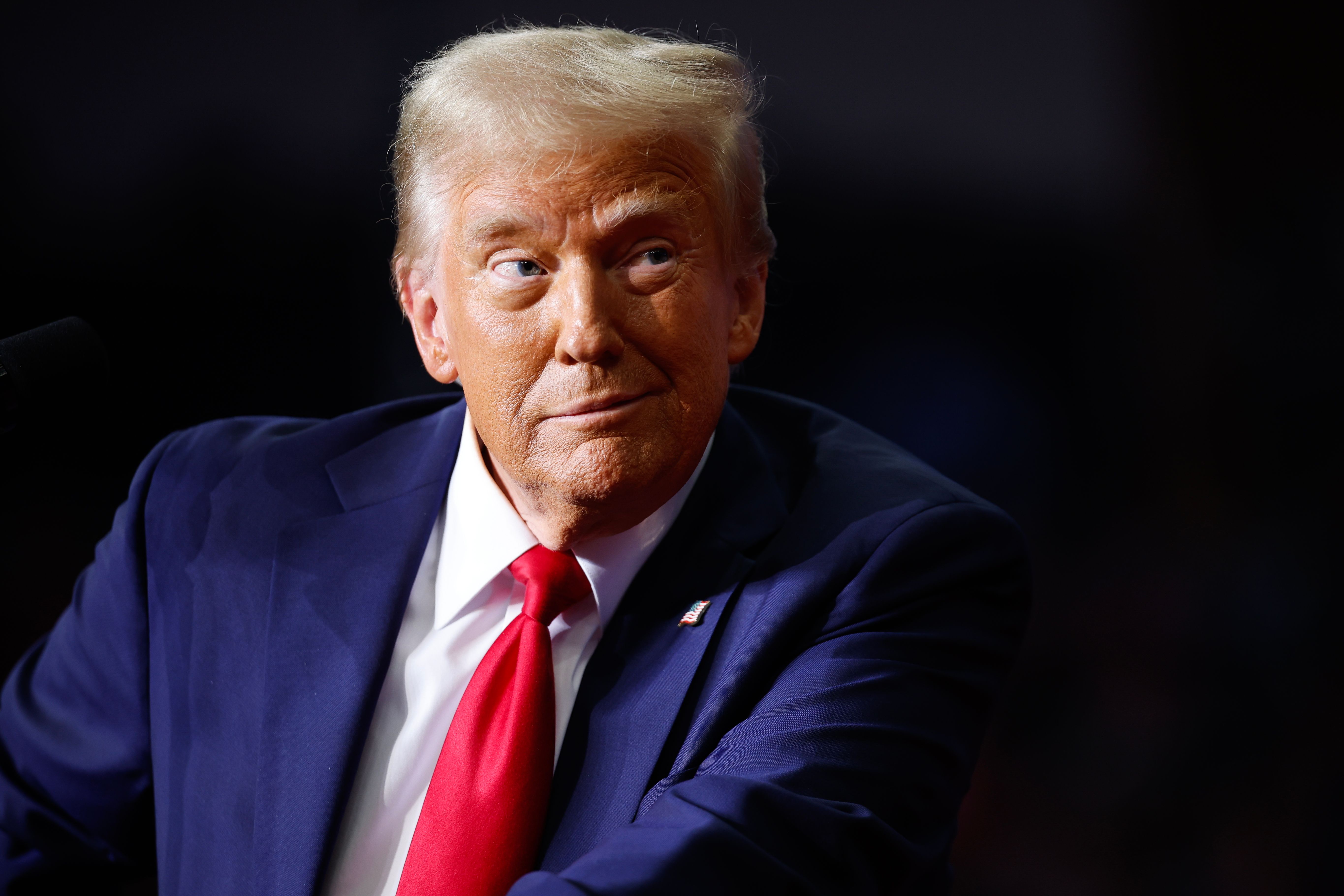With the resource becoming increasingly scarce and polluted, businesses should treat their wastewater in-house, says industry chief.
Water is the hidden ingredient in many products and production processes, but it is taking an increasingly central role as concerns over supply grow and the pressure on water utilities intensifies.
Nowhere is this more obvious than in the Gulf states, including the United Arab Emirates, home to a company that is helping to address water issues for industry.
“A significant proportion of the UAE’s water is produced by desalination plants (42%, according to the UAE government),” says Prakash Govindan, co-founder and chief operating officer of water solutions company Gradiant. “We’re already in a world where a chipmaking foundry needs 40m liters of water a day, and water-thirsty industries from AI to data centres to lithium mining are piling pressure on water demand.
“Every Chat GPT query uses 1.5 cups of water, and by 2028, it’s estimated there will be 50 million Chat GPT queries. Chat GPT alone will be using as much water as the UK. It takes 1,200 liters of water to make a single pair of jeans. We have to recycle and reuse.” Govindan says that by treating and reusing water, chip foundries can cut their consumption from 40m liters to 400,000 liters.
It is not just the availability of water that is an issue – the pollution of water with everything from fertilizers to forever chemicals is also a growing challenge while 340 billion liters of water a day is lost to leaks from distribution networks at a cost of $45 billion a year. “If we could solve the leakage problem, we would solve the global water crisis,” Govindan says.
Tackling this crisis is where Gradiant comes in, creating treatment centres for manufacturing facilities that can treat water and remove contaminants so the water can be reused, with many of the materials extracted being reclaimed and reused as well. Reuse not only saves water but also reduces energy use and CO2 emissions from centralized water treatment plants.
“Our treatment and recycling plants reduce the load on centralized water systems,” Govindan adds. “We recycle the equivalent of around 48 million households’ water usage a day and that water goes back into the facilities that our plants serve, keeping contaminants out of the distribution system.”
Govindan and CEO Anurag Bajpayee, 39, founded Gradiant on the back of research into water purification they carried out while studying for doctorates at MIT and now it is “the first unicorn in water treatment,” Govindan claims. Initially, the company was focused on treating water in the shale oil and gas industry but “there was a lot of boom and bust and the market was heavily dependent on geopolitical factors. We didn’t want to be tied to that.”
In addition, it was obvious that there were opportunities in sectors ranging from mining to textiles, food and beverages to pharmaceuticals. Gradiant’s customers include carmakers BMW, Nissan, Toyota and Hyundai, mining giants Rio Tinto and BHP, Coca-Cola and pharm groups GSK and Pfizer.
The company’s products include ForeverGone, which removes and destroys PFAS “forever chemicals; alkali, a new, standalone company that aims to produce battery-grade lithium by extracting the metal from brine; CURE Chemicals, a range of proprietary formulations to optimize water treatment processes; and ProtiumSource, which creates electrolyzer-ready water for use in making green hydrogen.
“Water is not part of the puzzle, it is the puzzle,” Govindan says. “Without it, there is no thriving human society, no industry, no cars, no AI.”















